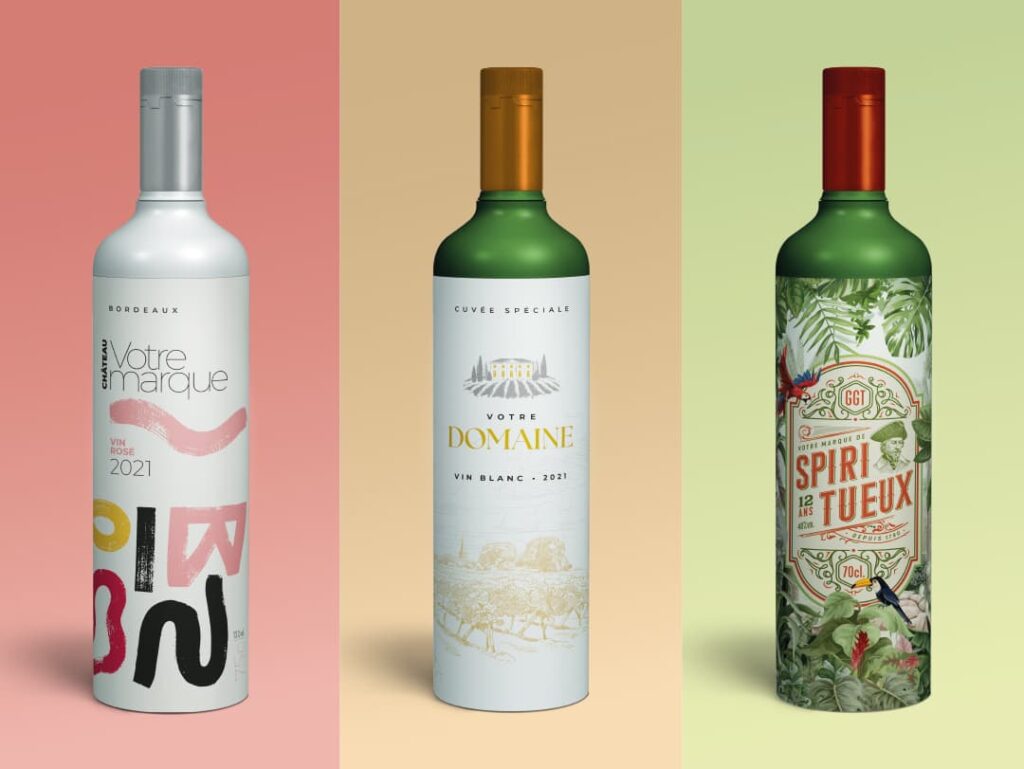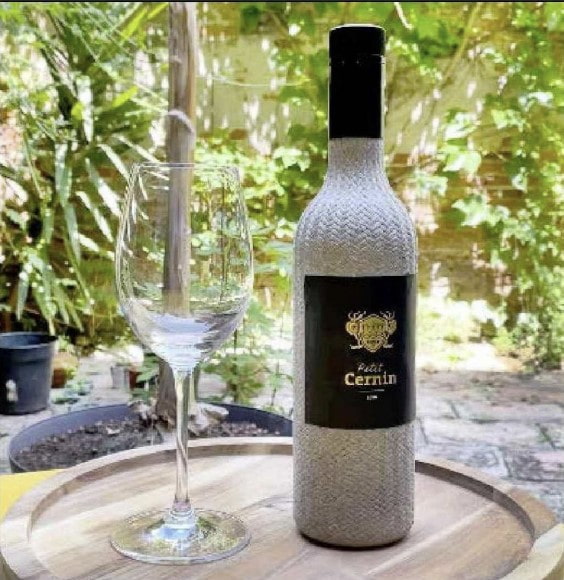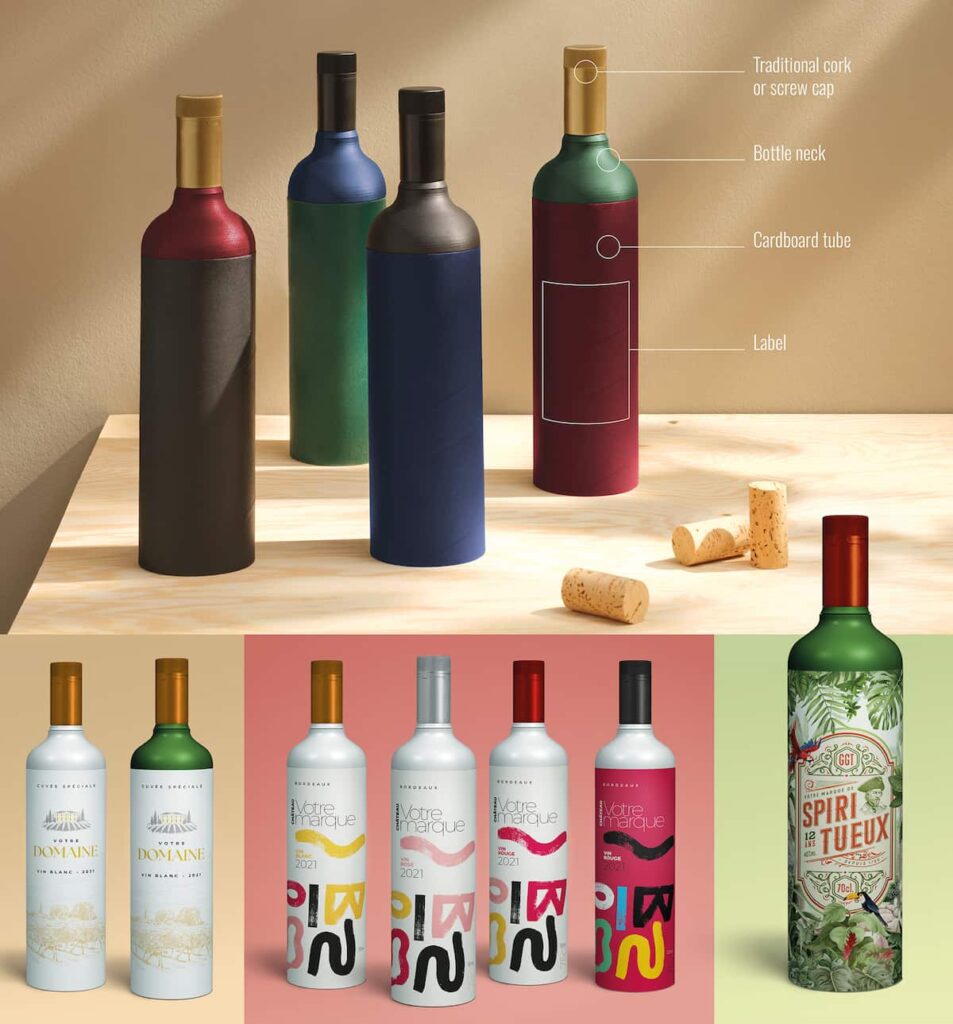In a world where tradition often slows progress, James de Roany is taking a bold new path. As the cofounder and CEO of Green Gen Technologies, based in France, James is showing how innovation and sustainability can work together to create a new kind of business. Green Gen Technologies is not just another eco-friendly startup—it is a fast-growing company that blends deep respect for materials with modern, profitable solutions for the packaging industry.

James Roany | Co-Inventor & CEO | GREEN GEN TECHNOLOGIES
James leads a team that designs and produces high-end bottles made from flax fiber composites, recycled cardboard, and bio-based resin. These eco-designed bottles are much lighter than traditional glass bottles and have a significantly lower carbon footprint. Because they are less likely to break and are easier to transport, they also reduce logistics costs. His goal is to prove that sustainability is not a limitation—it can actually boost profits and performance. For James, the Green Economy is more than a concept; it’s a practical, scalable business model that addresses the urgent environmental and economic needs of today. At EliteX, we are proud to have James de Roany as part of the edition: 05 Influential Sustainability Leaders in 2025.
“If consumers and large retailers ask for alternatives, producers will be forced to adapt.”
The idea to work in sustainability came to James through a surprising observation: silica, the key material used to make glass, is being consumed faster than oil, coal, or gas. Much of this is due to its use in construction, especially in concrete and flat glass. At the same time, James had a personal connection to the land through his love of viticulture. Seeing the growing demand for better packaging in the wine and spirits industry, he realized that there was an opportunity to build a business that could be both environmentally smart and economically strong. In his view, sustainability should not be a compromise—it must be a competitive advantage.
To James, sustainability is both personal and professional. On a personal level, it’s about being responsible for the future. On a professional level, it’s a driver of results. The bottles made by Green Gen are up to five times lighter than glass, which lowers emissions during transport and reduces noise pollution during bottling. These benefits are not just good for the planet—they make sense for business. For James, sustainability is about finding ways to reduce harm while increasing value. One of his proudest achievements is the launch of Green Gen’s flax fiber composite bottle. It’s a product that uses materials similar to those used in the aerospace and automotive industries—like those found in Airbus aircraft—but applied in a completely different context: wine packaging. The bottle was developed in partnership with local farmers, composite experts, and industrial engineers. A major breakthrough came when the bottle was tested live on television, where it proved to be strong and durable. That moment sent a clear message: innovation and tradition can work together.
Of course, changing a traditional industry like wine packaging is not easy. Glass has long been seen as the standard, and many in the industry are slow to accept change. But that is starting to shift. Distributors, retailers, and even consumers are beginning to look for more sustainable options. Some supermarket chains in Europe, including one in the Netherlands, have already announced they plan to stop selling wine and spirits in glass bottles by 2030. For James, this shift in market behavior is encouraging. It shows that the future belongs to those who are ready to adapt. Even when progress is slow, James stays motivated by focusing on each small win. Whether it’s a new customer, a successful product test, or a large retail listing, every step forward builds momentum. His team is full of energy, and his investors believe in the long-term value of Green Tech. Knowing that they are building something scalable and profitable keeps everyone focused on the bigger picture.
James believes that both governments and businesses have a role to play in creating a more sustainable world, but he also thinks businesses can move faster. He regularly travels to Brussels with MEDEF, France’s largest business union, to speak with policymakers about how to align environmental goals with economic incentives. He argues that regulations should support innovation and encourage sustainable practices—without putting businesses at a disadvantage. In his view, the private sector has the speed to innovate, but governments must create the right conditions for that innovation to succeed. Technology plays a big role in sustainability, but only when it is used with purpose. At Green Gen Technologies, James and his team combine ancient materials like flax, used for thousands of years, with cutting-edge composite technologies from aerospace. This mix of old and new is not about nostalgia—it’s about smart innovation. Their products are backed by scientific analysis, including Life Cycle Assessments (LCAs) that show major reductions in carbon emissions. James warns against greenwashing and stresses the importance of using technology that delivers real, measurable results.

“True sustainability leadership is about turning urgent ecological challenges into real business opportunities.”
He sees the greatest environmental challenge today as inertia—the lack of action. Too many people believe they don’t have the power to change things. But James believes that real change will come through distribution and demand. If consumers and large retailers ask for alternatives, producers will be forced to adapt. That’s why Green Gen works on both business-to-business partnerships and consumer education. The goal is to build a supply chain that is ready for low-carbon, scalable logistics.
For James, true sustainability leadership is not about vague ideals. It’s about aligning long-term environmental goals with solid business metrics like carbon footprints, profitability, and growth. He believes that leaders in this space must turn urgent ecological challenges into real business opportunities. Green Gen Technologies also works closely with local communities. They source flax from French farmers and collaborate with ESAT workshops, which employ people with disabilities, for part of their production process. James believes that if France has a deep cultural and historical connection to wine, it also has a duty to lead in helping the wine industry adjust to climate challenges—both socially and environmentally.




To young people who want to work in sustainability, James offers clear advice: don’t treat ecology and business as enemies. The biggest opportunities of the future will come from ventures that can combine both. His message is to stay grounded, get technical, and build ideas that are not only good for the planet but also desirable and profitable. He finds inspiration in people like Yvon Chouinard, the founder of Patagonia, who proved that ethics and business can go hand in hand. He also admires Bertrand Piccard, whose Solar Impulse project showed the world that clean aviation is not science fiction—it’s the next step. These are people who combine a strong vision with hard data, and that’s what James aims to do with his work. Balancing ambition with realistic goals is part of the Green Gen strategy. The company dreams big but operates lean. Its shareholders are aligned with this vision, and the wider Green Tech sector is attracting serious capital because it delivers real results. James believes that this combination of purpose and performance is key to long-term success.
Looking to the future, James hopes that sustainability will no longer be seen as a nice-to-have option but as the standard way of doing business. The Green Economy is already growing faster than many traditional sectors. With countries like China leading in solar energy and electric vehicles, James believes that Europe must step up in areas like low-carbon packaging and energy systems. He’s confident that Green Gen Technologies can play a key role in that transition.
In James de Roany’s view, building a better future means designing products that are good for the environment, good for people, and good for business. And with Green Gen Technologies, he is proving that it’s possible.
“Sustainability should not be a compromise—it must be a competitive advantage.”